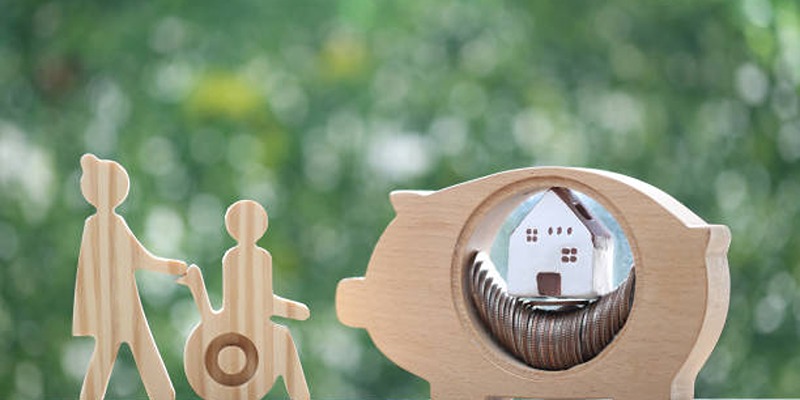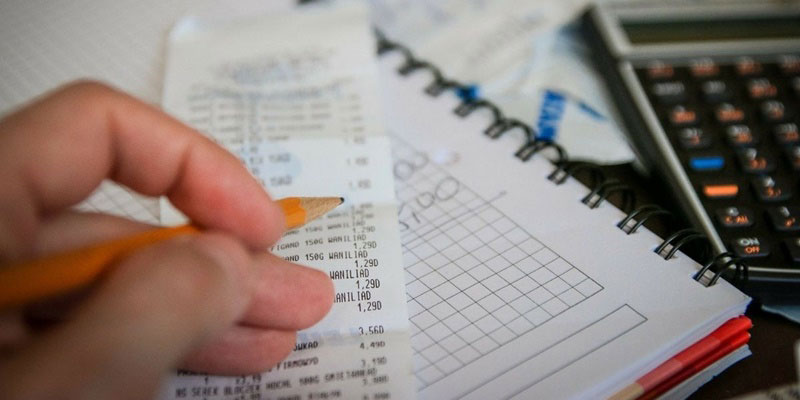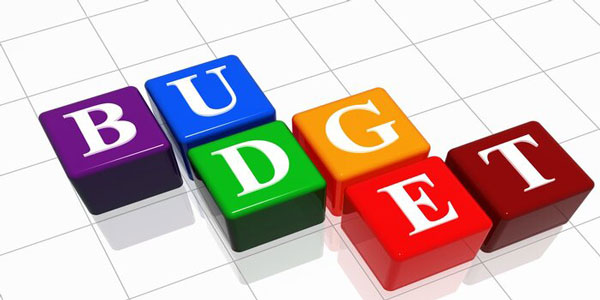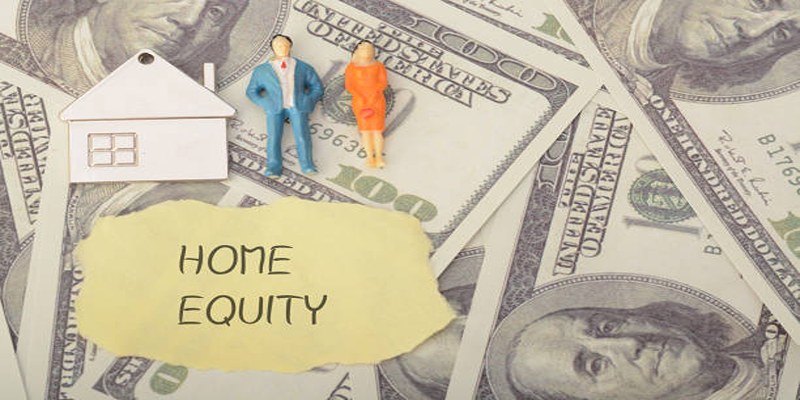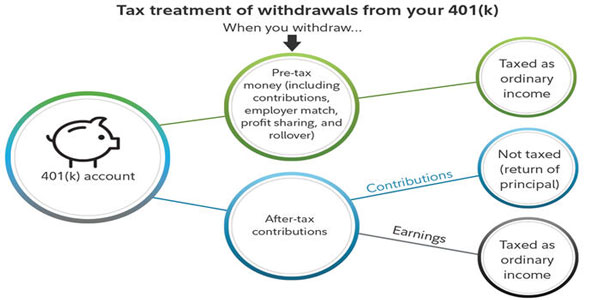In the 2020-21 fiscal year, about half of all municipal tax revenue in New York City came from property taxes. There are a lot of steps involved in buying and selling a house, and they can make even seasoned homeowners nervous. Closing costs, inspections, appraisals, and mortgage contingencies are just a few unexpected expenses associated with selling a home.
The Tax Foundation reports that New York State has among the highest property taxes in the country. Property taxes are collected at the municipal, county, and school district levels instead of at the state level, so the state government receives no money from them.
New York State Real Estate Taxes

There is a system of taxation known as "property tax" that requires land and building owners to fork over a certain amount of money each year according to the value of their holdings. Property taxes in one American State may be significantly lower than those in another.
Property taxes in one State may be different from those in another. Municipal services, and fire departments, and other agencies, including parks, housing, and transportation, all rely on property tax revenue to operate.
State tax rates sometimes differ substantially, in contrast to the uniformity of federal tax rates. In addition to the income tax that residents of a state must pay, property owners may also be required to pay a property tax to the State.
The Tax Code of New York on Real Estate

Every property's tax bill is based on the assessor's valuation, a fraction of the property's fair market value determined by the city. A different set of regulations applies to the valuation of various property types. Restrictions or phase-ins reduce the rate at which assessed value increases.
A less noticeable benefit is that it reduces the effective tax rate (ETR) for houses in localities with rising property values while keeping it high for homes in regions with constant or falling values, protecting owners from rapid increases in expenses.
The properties' ETRs will decline if market prices increase faster than the five-year maximum. More significant commercial and residential properties can increase assessed value without limits, although annual increases are spread evenly over five years. The long-term effect is usually smaller than a cap but helps create inequalities.
New York State Real Estate Taxes: How to Make a Payment
There are other ways you can pay your property taxes. However, the specifics will be decided by your local government. Mortgage payments might include property taxes, or you can make separate semiannual or annual payments to your local taxing body.
For properties valued at less than $250,000, property tax bills are sent out every three months; for homes valued at $250,000 or more, invoices are sent out every two months. On January 1, April 1, July 1, and October 1, you will get a bill due on those respective dates.
Semiannual invoices are sent out before the due dates of January 1 and July 1. When you get your account, look it over carefully to ensure you know exactly how much you owe and where that money is coming from. Examine your property tax information statement and learn more at any time by visiting www.nyc.gov/finance.
What Expenses Are Paid for by the Property Tax?
New York's property tax is a type of local tax that goes back to support municipal services like police and fire departments and public education. Although the State does not get any revenue from or share in the property tax benefits, it is critically vital as the largest funding source for local government and public education. Property taxes are used to finance the following by counties, and school districts:
- The Fire and Police Departments
- Schools
- Health and welfare
- Maintenance of Highways
- Parks
- Housing
- Transportation
- Along with a plethora of additional municipal offerings
Do You Need to Pay Real Estate Taxes in New York?
Individuals and corporations alike are subject to property taxation. Whether the property was left to you as an heirloom or you bought it to use as a rental, you are still responsible for paying taxes on it. There is no cap on the amount you may be charged in property taxes in New York.
You must pay property taxes whether you own a home worth $10,000 or $10,000,000. If you purchased a house in the middle of the year, your real estate agent might be able to negotiate a split of property taxes between you and the seller. Your mortgage interest statement will reflect this situation if it applies.
